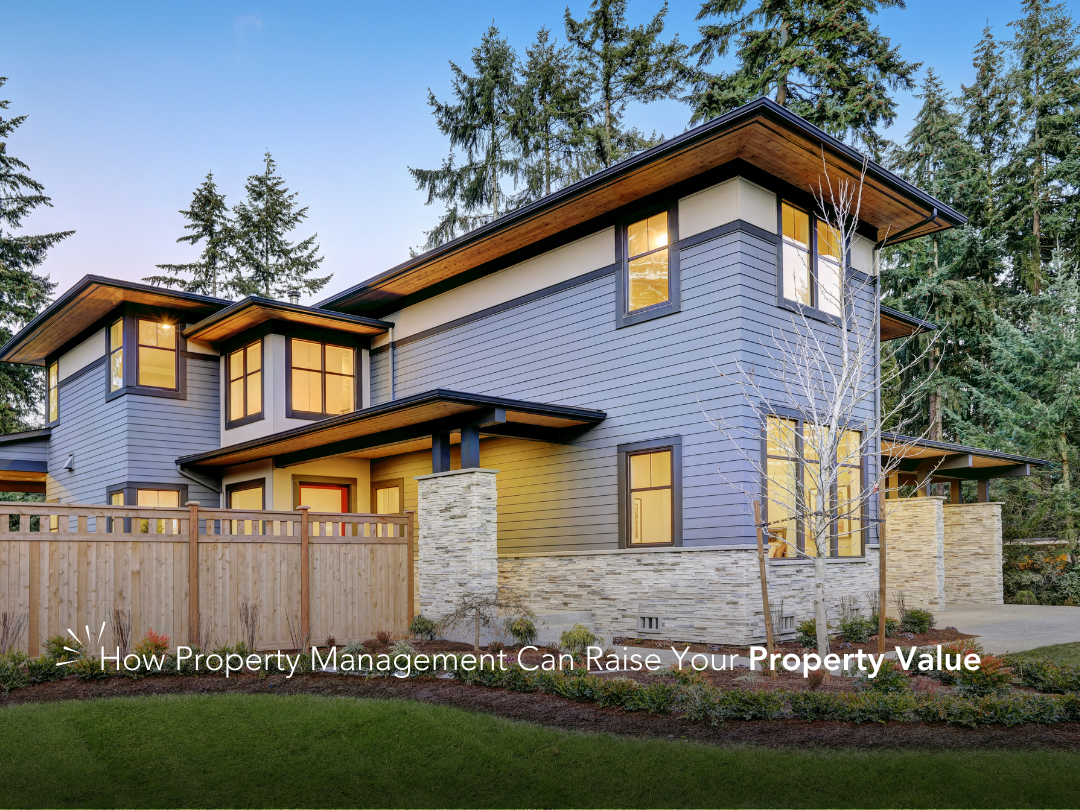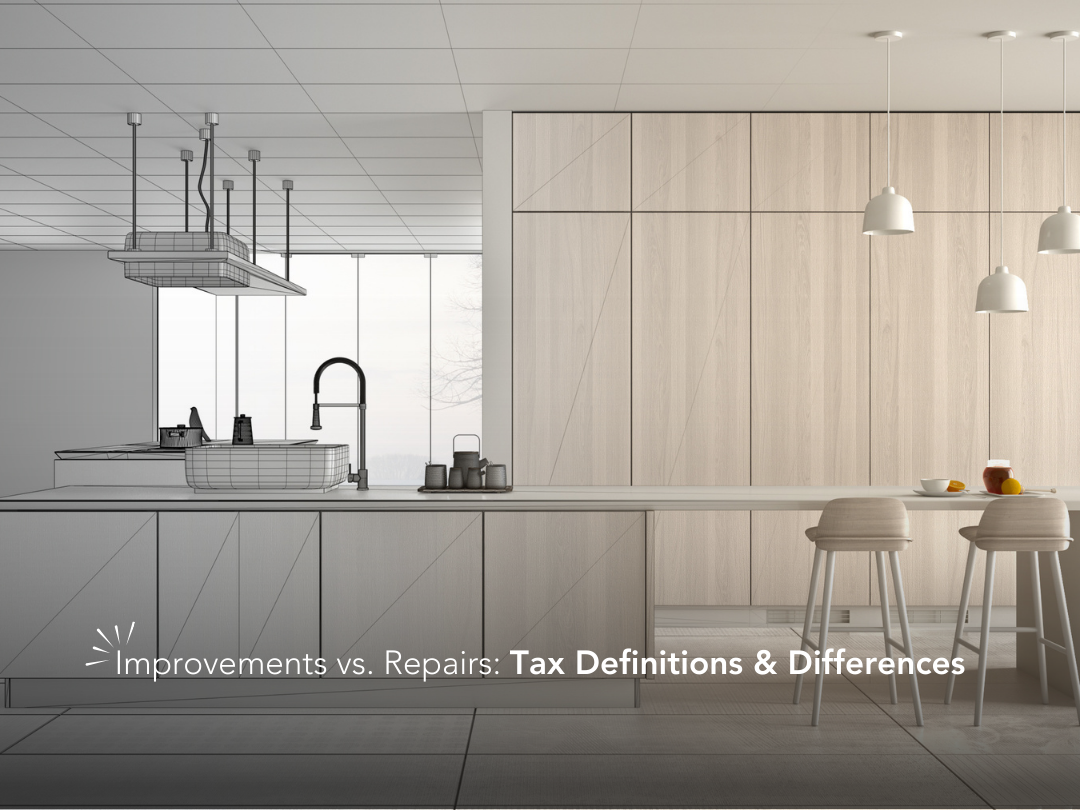Vacation homes are awesome. For those of us who have had the luxury of staying in a truly phenomenal vacation property, we know how awesome vacation properties can be.
Maybe for you, the perfect location is a tropical getaway. For others, sleeping in a giant potato might have changed your perspective on what is possible from a vacation unit.
Your vacation experiences might have even lead you to consider owning a vacation property yourself. After all, wouldn't it be nice to avoid high rental prices and get your family a place to stay whenever it's convenient?
But vacation homes are about more than just vacationing. In fact, they can be an exceptionally valuable investment that helps you secure a financially independent future. So before you go buying your own vacation home, here's what you need to keep in mind.
What you should know about owning a vacation home
When it comes to owning and managing a vacation property, you likely have plenty of questions.
For instance, can you rent out your vacation home if you plan to stay in it yourself? How does a rental property affect your tax obligations? And, are vacation properties as lucrative an investment as, say, a typical rental unit?
The answers to these questions will vary depending on the specific property you're interested in and what your overall goals are for your investment.
First, let's evaluate your options for the property. If you intend to live in the home at least two weeks out of the year or 10% of the days it would otherwise be rented out, then you can treat your property as a second home rather than an investment asset.
This means that you can deduct interest on up to $750,000 of debt associated with your residences. That includes your primary home.
Additionally, you can deduct property taxes up to $10,000 per year for your vacation home. However, capital gains taxes will still apply when it comes time to sell.
Depending on the property itself and the location it's in, different rules and situations will apply to you. Without carrying any positive or negative implications on their own, these aspects of owning a vacation property may impact your investment choices. Here are some important details to keep in mind:
Financing is available on vacation homes but with stricter lending standards.
Lender definitions of a vacation property may vary from tax definitions.
Some locales require special licensing for renting out properties in the short term.
Managing a vacation rental can be fully hands-on if you go it alone or hands-off if you hire a property management company.
Maintenance and repair expenses for vacation rentals are tax-deductible against your rental income.
These considerations aside, owning a vacation home can be a mixed bag. The right investment can be a powerful source of revenue and a great way to boost your portfolio. On the other hand, a vacation property may leave you with a burden you aren’t quite prepared to manage.
Explore the pros and cons before you go investing.
Pros and cons of a vacation home
Every investor is different, and every property is different. Vacation rentals, too, can be a great investment for some and an unsuccessful investment for others. To get a feel for what a property might mean to you, it’s important to assess all the potential benefits and drawbacks.
Here, we'll break down some of the common pros and cons of owning a vacation home. Let's start with the pros.
The Pros
Owning a vacation home can be a truly incredible experience. From creating invaluable family memories to generating substantial rental income, there are all kinds of benefits associated with a well-made vacation property investment.
Here are some of the common benefits:
Net money saved on vacations through rental income made versus vacation rent lost
Passive income potential and a place to stay
Stable appreciation in many vacation destination markets
Potential money saved through tax deductions
Equity established on what could serve as a retirement home
These are just a few of the many potential positives that can come from owning a vacation property. However, the situation isn’t always sunshine and rainbows.
The Cons
When navigating real estate investment, there are important, problematic features that every investor must keep in mind. Vacation properties, like any other real estate investment, aren't a guarantee of success when it comes to your ROI.
Consider these cons before you go buying a vacation home:
Higher median home prices in most vacation markets
Mortgage, insurance, and utilities obligations
Low liquidity
Stricter lending options makes for difficult financing
Maintenance falls to either you or your paid property manager
Depending on the property, location, and goals you have in mind, these drawbacks might not be much of an issue. If this is the case, it might be time to take the next step and contact real estate and financial professionals who can help you make the most of your investment.
Investing in your future
While vacation rentals can be more complicated than other types of real estate investment, these properties also represent incredible wealth-building opportunities. But purchasing a vacation home is not for everyone.
You'll need to consider the good, the bad, and the ugly before you commit to an investment that is low in liquidity and high in commitment obligations. This guide can help you manage such an emotionally fraught life decision by providing helpful insights into the niche vacation real estate market.
For more information on real estate investment and property management, contact 208.properties or find us on social media.














